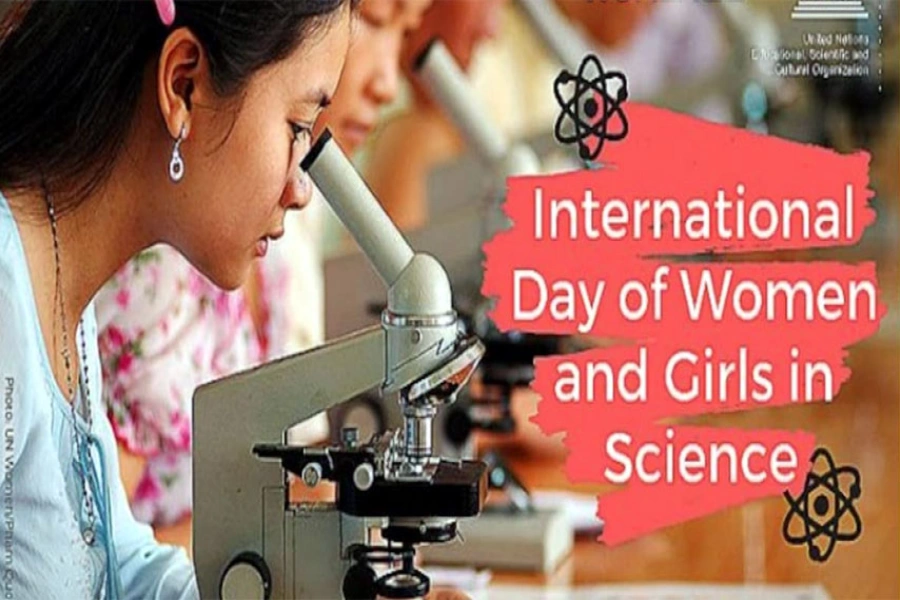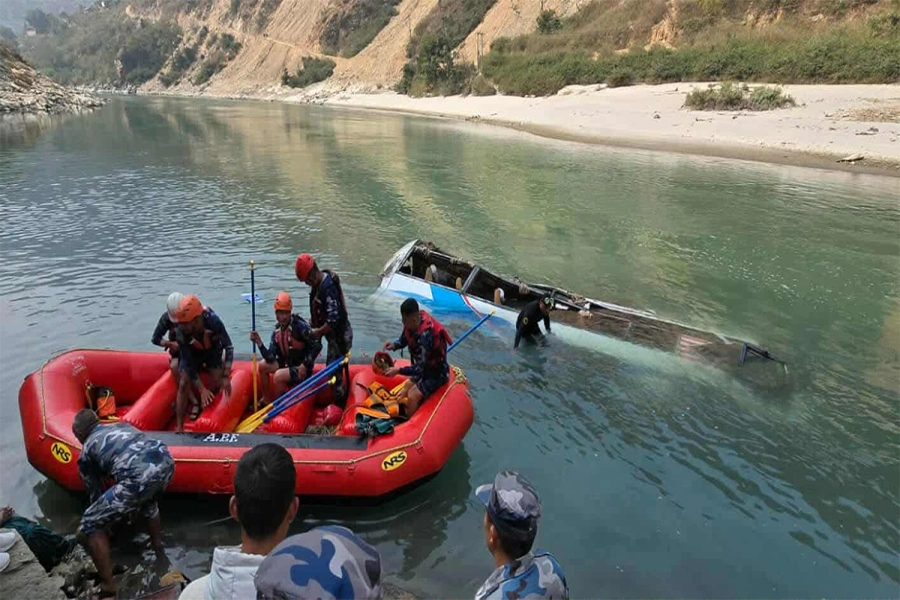While most of the state-owned enterprises are struggling to sustain themselves, there is positive news from the Nepal Electricity Authority (NEA). The state-owned power utility has maintained steady profit for eight consecutive years, significantly reducing leakage to 12.73%. According to a report submitted to the Ministry of Energy, Water Resources, and Irrigation recently, the NEA has stated that it limited electricity theft and technical losses to approximately 12.73 percent in the last Fiscal Year (FY) 2022/23. Barely eight years ago, the NEA faced a leakage rate of 25.78 percent. By FY 2022/23, the rate had been reduced to 13.46 percent, which was further reduced to 12.73 percent in FY 2023/24. Another important highlight of the report is the steady profit that the NEA has maintained over the years. The NEA, according to the report, earned a profit of Rs 14.46 billion in the last FY 2023/2024. This looks rather magical given that the NEA had suffered a loss of Rs 8.89 billion, with an accumulated loss of Rs 34.61 billion in the FY 2015/16. However, the NEA began making profit starting from FY 2016/17 with a modest Rs 1.50 billion profit. Beyond financial performance, the NEA has made remarkable progress in expanding electricity access to the population. The electrification rate, which was only 58% eight years ago, has now surpassed 99%.
The success of NEA should serve lessons to all other state enterprises to ensure that they not only serve the people, but also stand as a commercially viable entity. The success of NEA is largely attributed to its Managing Director Kulman Ghising, who not only helped end the prolonged load-shedding crisis in the country, but also transformed NEA as an organization, paving the path to even start exporting Nepal’s surplus electricity to India and Bangladesh. While Ghising, like anyone, may also have certain weaknesses, the success that the NEA achieved during his tenure speaks volume. One key lesson from the NEA’s success may be the right man in the right place. Managing Director Ghising has stated that the NEA has focused on improving its financial performance, ensuring good governance, electrifying every household and expanding as well as strengthening transmission and distribution infrastructure to provide sufficient, reliable, high-quality, and safe electricity supply. The NEA has also lately prioritized advancing major hydropower projects, increasing domestic electricity consumption, and exporting surplus power. It was under Ghising’s leadership that the NEA earned a “Double A Plus” ICRA rating, reflecting the transformation of an organization once plagued by losses into a profitable entity.
Making space for history

Except for a few successful examples such as Nepal Oil Corporation, Nepal Telecom, Rastriya Banijya Bank and Citizen Investment Trust, most other public enterprises are reported to be operating at a loss. Some of the major loss-making enterprises include Nepal Airlines Corporation (NAC), Nepal Water Supply Corporation, Dairy Development Corporation (DDC), Udaypur Cement Industry Ltd and Hetauda Cement Industry. The NAC incurred the highest loss, exceeding Rs 650 million in the last FY, with accumulated losses of over Rs 16 billion. There are several factors contributing to the losses in these public enterprises. Some of these factors include inefficiency and mismanagement and corruption. The NEA's consistent profitability provides valuable lessons for other public enterprises in Nepal and beyond. Some of these lessons include ensuring good governance and transparency, investing in infrastructure and technology, reducing losses and improving efficiency, ensuring sound financial management, developing human resources and bringing adaptability and reforms. These strategies demonstrate that public enterprises can achieve profitability and support economic growth. It is high time the government assimilated these lessons and took necessary measures to implement them in other public enterprises as well. For this to happen, our political leadership must rise above their petty personal and partisan interests and prioritize the nation’s progress.





































